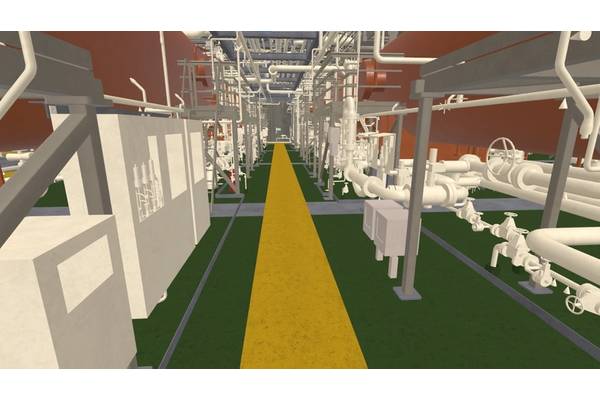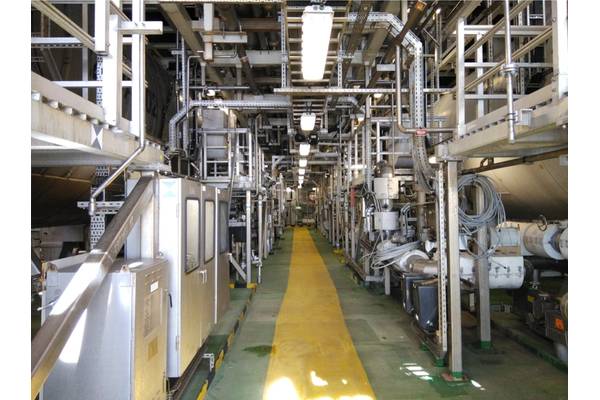

Oil and gas company Neptune Energy has completed a virtual reality pilot on its Gjøa platform in the Norwegian North Sea, enabling teams to make highly realistic virtual visits to the facility.
The technology, developed by PaleBlue and used to train astronauts traveling to the International Space Station, will reduce the need for offshore travel, lower costs and associated emissions and support safe operations.
It is the first time PaleBlue’s technology has been applied to an offshore installation. Using a VR headset, offshore workers interact with an ultra-realistic 3D model of the Gjøa platform from onshore, Neptune Energy said.
Martin Borthne, Director of Operations for Neptune Energy in Norway said: “The new Virtual Reality solution allows employees and contractors to build up knowledge and awareness of the complex multi-level facility without the need to travel. Planning work operations will be safer and more efficient.
“The initiative will together with other projects see an estimated reduction of 30 offshore trips per year. We expect this to grow in the years ahead as digitalization further enhances collaboration over distance, bringing immediate access to expertise and enabling preparation of activities to be carried out from onshore.”
As a first step, Neptune Energy will use the technology for familiarisation and safety training, but the scope will be expanded to other complex operational activities such as simulations related to HSE events or to better understand how platform modifications will appear before they have been carried out. In addition, expansion to a multi-user function will enable offshore personnel to meet onshore personnel in the virtual world., the company said.
Egil Thomas Andersen, Account Director at PaleBlue, said: “The restrictions and all the consequences of COVID-19 have introduced challenges to operations for many companies. By doing the familiarisation training in a virtual world, even from home, companies can overcome traveling restrictions, save time, costs and emissions, and will be 100% prepared with crucial knowledge of the facility when they physically arrive offshore.”